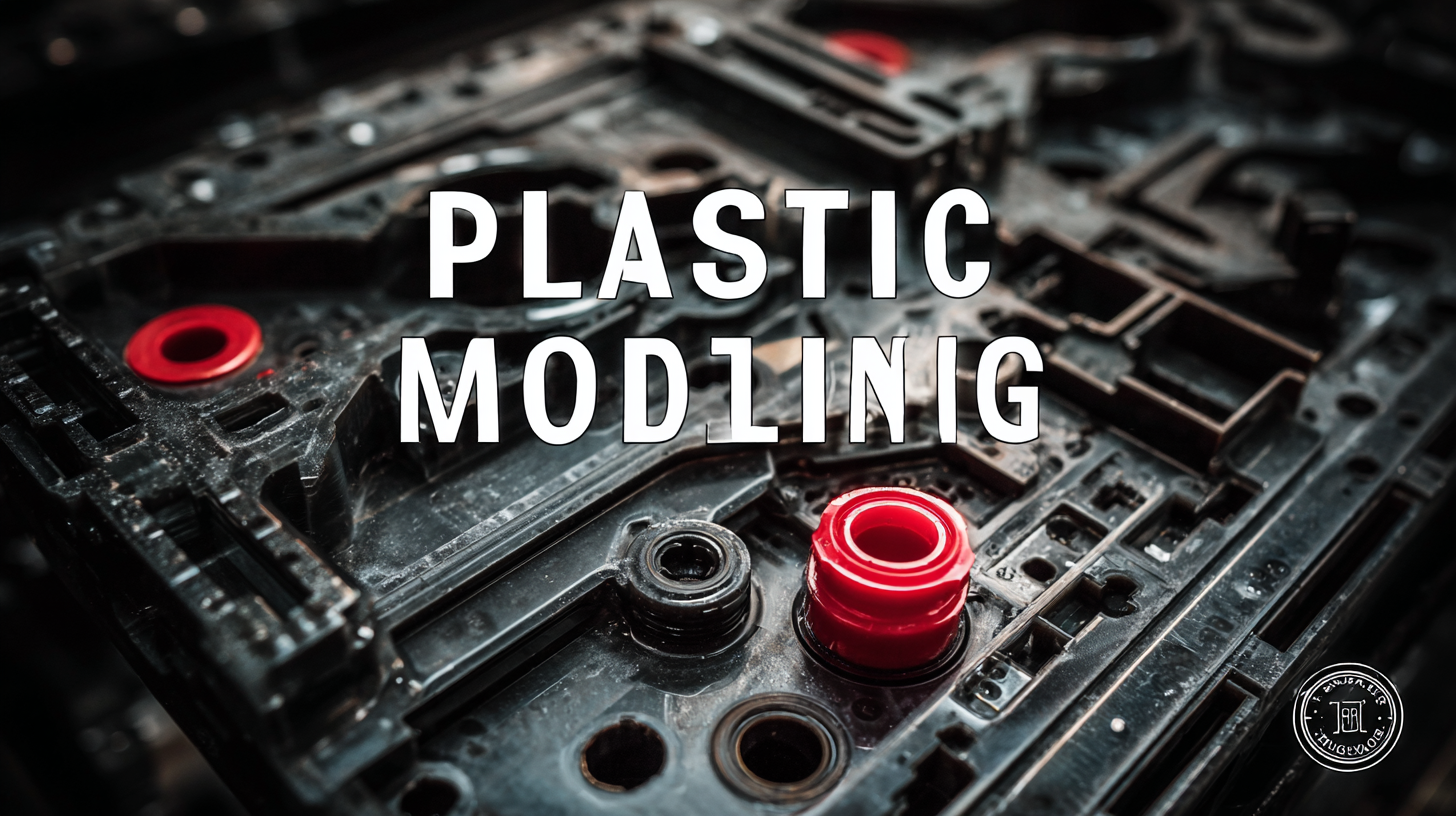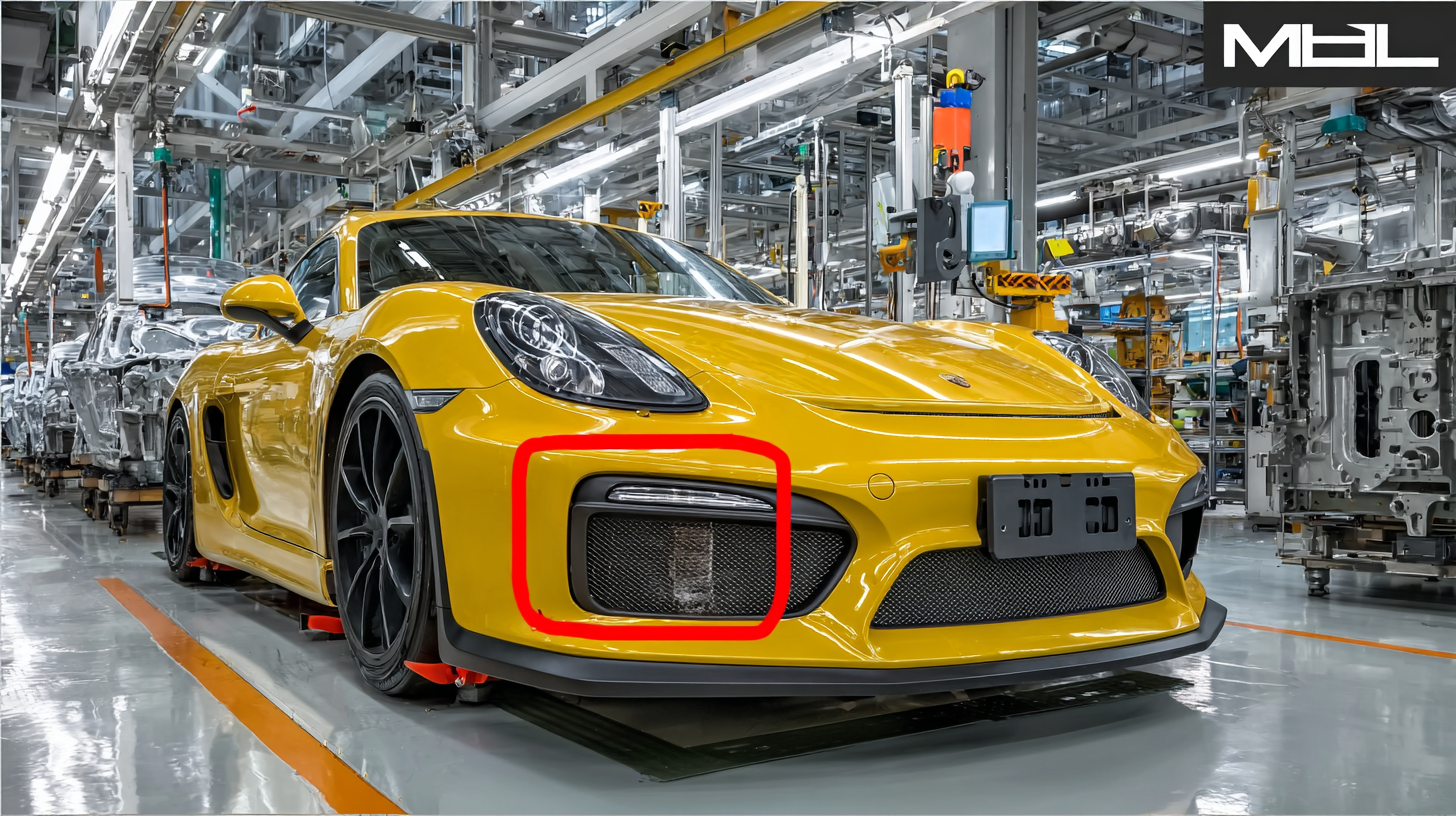In the rapidly evolving automotive industry, the demand for high-quality components is paramount, and one of the most effective manufacturing processes for meeting this demand is Plastic Injection Molding Automotive. According to a recent industry report by MarketsandMarkets, the global plastic injection molding market is projected to reach $338.3 billion by 2026, with automotive applications driving significant growth due to the increasing focus on lightweight materials for enhanced fuel efficiency. However, sourcing top-tier suppliers for these components presents its own challenges. Issues such as inconsistent product quality, outdated technology, and supply chain disruptions can significantly impact production timelines and overall vehicle performance.

This essential guide will navigate the complexities of identifying reliable suppliers in the plastic injection molding sector, ensuring that automotive manufacturers can secure the best products to remain competitive in this dynamic market.
In the automotive industry, the importance of selecting high-quality suppliers for plastic injection molding cannot be overstated. The performance and durability of automotive components significantly depend on the materials and manufacturing processes employed. High-quality suppliers ensure that the products meet stringent industry standards, which is critical for safety and reliability. Choosing well-established suppliers with proven track records can reduce the risks associated with defective parts, leading to fewer recalls and enhanced customer satisfaction.

Moreover, the relationship between automakers and their suppliers plays a vital role in fostering innovation and efficiency. Collaborating with suppliers who prioritize quality not only streamlines the production process but also aligns with the latest technological advancements in manufacturing. A reliable supplier can offer valuable insights into material selection and process optimization, ultimately contributing to better product performance and sustainability. As the automotive sector continues to evolve, partnering with the right suppliers becomes essential for gaining a competitive edge in the market.
When sourcing top suppliers for plastic injection molding in the automotive industry, key criteria play a crucial role in evaluating potential partners. One vital criterion is manufacturing capacity. According to a report by Grand View Research, the global automotive plastics market is projected to reach USD 41.67 billion by 2027, highlighting the need for suppliers who can scale operations to meet growing demand. Suppliers should demonstrate their ability to handle large volumes while maintaining consistent quality, as fluctuations in production can lead to delays and increased costs.
Another important factor is technological capability. As outlined in a study by Statista, approximately 42% of automotive manufacturers prioritize advanced production technologies to enhance efficiency and reduce time-to-market. Suppliers utilizing state-of-the-art technologies, such as automation and advanced robotics, are more likely to deliver high-precision components that meet stringent industry standards. It’s essential to assess a supplier’s technological investments and innovations, ensuring they can keep pace with the rapid evolution of automotive manufacturing processes and materials.
| Criteria | Description | Rating Scale (1-5) |
|---|---|---|
| Industry Experience | Years of experience in automotive plastic injection molding. | 4 |
| Quality Standards | Adherence to ISO 9001 or IATF 16949. | 5 |
| Technical Capability | Ability to manage complex designs and manufacturing processes. | 4 |
| Production Capacity | Maximum output capacity to meet client demands. | 3 |
| Price Competitiveness | Pricing in comparison to market standards. | 4 |
| Customer Support | Quality and responsiveness of service offered. | 5 |
| Innovation Capability | Focus on R&D and development of new products. | 3 |
| Sustainability Practices | Commitment to environmentally friendly practices. | 4 |
The automotive industry is witnessing a significant transformation, primarily driven by advancements in plastic injection molding technology. This manufacturing process offers incredible precision and efficiency, which are crucial in catering to the evolving demands of the automotive market. As electric vehicles (EVs) and lightweight components gain traction, the need for high-performance plastic parts is more critical than ever. Consequently, manufacturers are increasingly seeking top suppliers who can deliver quality components that meet stringent industry standards while also managing costs effectively.
Market trends indicate a growing demand for sustainable and innovative materials in plastic injection molding. Automotive companies are prioritizing suppliers who not only provide durable and lightweight parts but also focus on eco-friendly materials and processes. This shift underscores the importance of aligning procurement strategies with market expectations, emphasizing the need for thorough supplier analysis. By identifying key suppliers that can adapt to these trends, automotive manufacturers can improve their competitive edge, ensuring they not only meet current needs but are also well-prepared for future challenges in the industry.
Collaborations with Chinese plastic injection molding manufacturers have proven highly advantageous for automotive companies seeking quality and cost-effective solutions. According to a recent report by Grand View Research, the global plastic injection molding market is expected to reach USD 438.3 billion by 2025, driven significantly by the automotive sector. Successful case studies illustrate how strategic partnerships can lead to innovative product development and streamlined manufacturing processes. For instance, Company A partnered with a Chinese manufacturer to produce lightweight components, reducing the overall vehicle weight by 15%. This collaboration not only improved fuel efficiency but also allowed for faster production cycles, showcasing the potential of Asian suppliers to meet rigorous automotive standards.

In addition, a study from MarketsandMarkets highlights that the top drivers for sourcing from Chinese manufacturers include competitive pricing and advanced technology integration. Company B's collaboration with a Chinese injection molding specialist resulted in a 20% reduction in production costs while maintaining superior quality. Furthermore, with China's investment in automation and industry 4.0, the turnaround times for prototype development have been significantly shortened, allowing automotive firms to bring products to market swiftly. These case studies underscore the strategic importance of selecting top suppliers in China for the automotive industry, reinforcing the necessity for companies to seek partnerships that align with their quality and innovation goals.
The automotive industry is witnessing a transformative shift with innovative technologies in plastic injection molding manufacturing. Recent advancements, such as the integration of in-mold electronics, are revolutionizing how automotive components are designed and produced. This new methodology enhances product functionality while streamlining the manufacturing process. By adhering to updated guidelines, manufacturers can ensure quality and reliability in their products, setting a new standard for automotive parts that are both efficient and technologically advanced.
Furthermore, the expansion of technical centers with advanced injection molding machines signifies a commitment to fostering innovation. These facilities serve as hubs for research and development, enabling manufacturers to experiment with new materials and techniques. With expectations for significant growth in the injection molding market, there exists an exciting opportunity for suppliers to collaborate on sustainable solutions. The introduction of recycled materials is paving the way for eco-friendly practices in the industry, aligning with global sustainability goals while enhancing product offerings for the automotive sector.
